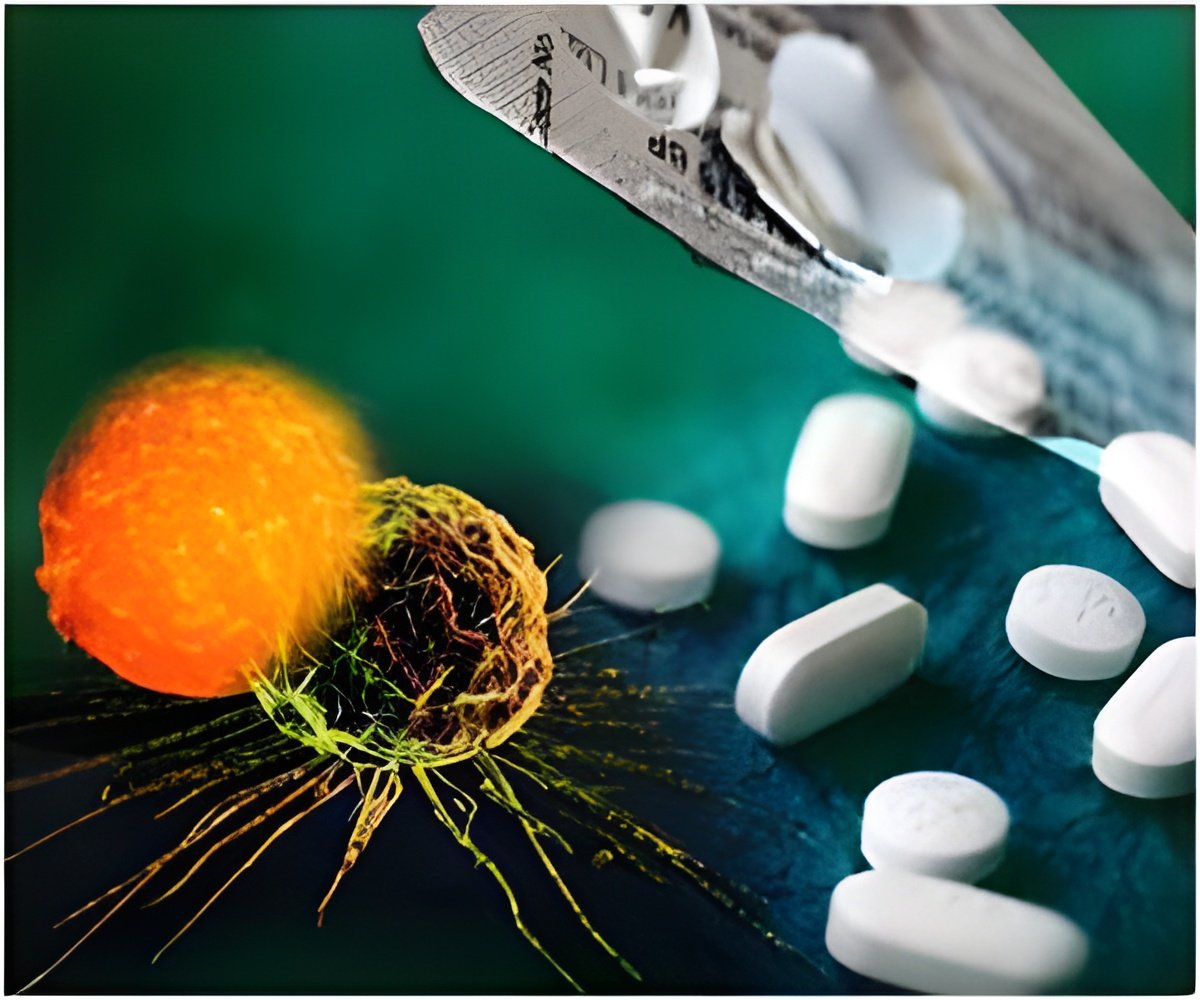Inhibiting autophagy does not impair the immune response to tumors during chemotherapy, revealed a research by Jayanta Debnath at UCSF.
Inhibiting autophagy does not impair the
immune response to tumors during chemotherapy, revealed a research by Jayanta
Debnath at UCSF and published this week in the
JCI. The findings provide support for the
idea that combining autophagy inhibitors with certain chemotherapies
may aid cancer treatment.
Chemotherapies treat cancer by killing tumor cells, but certain types of
chemotherapy can also drive an immune system response to target and
destroy the remaining tumor cells. This immune targeting is elicited by
molecules called damage-associated molecular patterns (DAMPS) that are
released when a cell is killed.
TOP INSIGHT
Inhibiting autophagy may be a safe combinatorial treatment to enhance the cancer-killing effects of certain chemotherapies, revealed a new study.
DAMPs are normally degraded in a process
called autophagy, and it has been suggested that limiting the
efficiency of autophagy could improve the efficacy of some
chemotherapies. However, because autophagy is also critical to other
aspects of immune system function, it is possible that inhibiting
autophagy could backfire and compromise chemotherapy-driven immune
targeting instead.
In mouse models of cancer, treatment with
autophagy inhibitors did not affect how immune cells targeted tumors
during chemotherapy, in spite of other changes in general immune system
function. These results suggest that inhibiting autophagy may be a safe
combinatorial treatment to enhance the cancer-killing effects of certain
chemotherapies.
Source-Eurekalert

 MEDINDIA
MEDINDIA




 Email
Email








